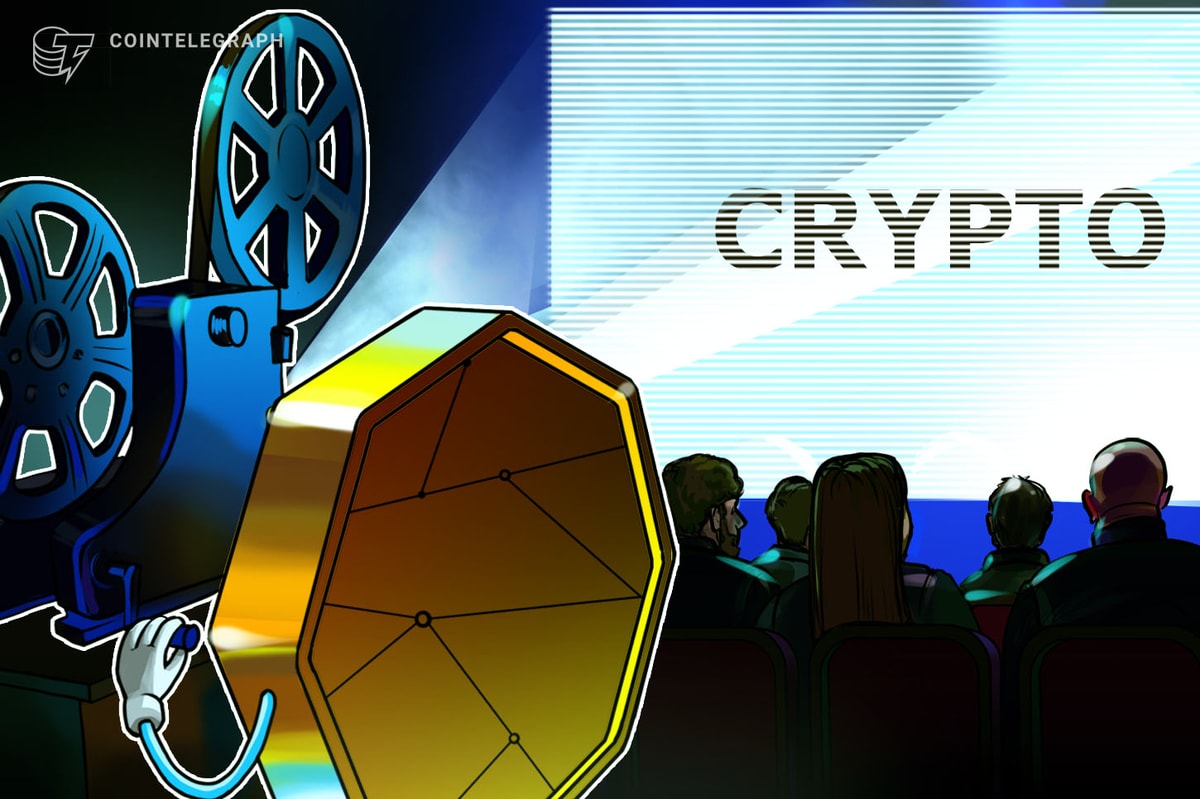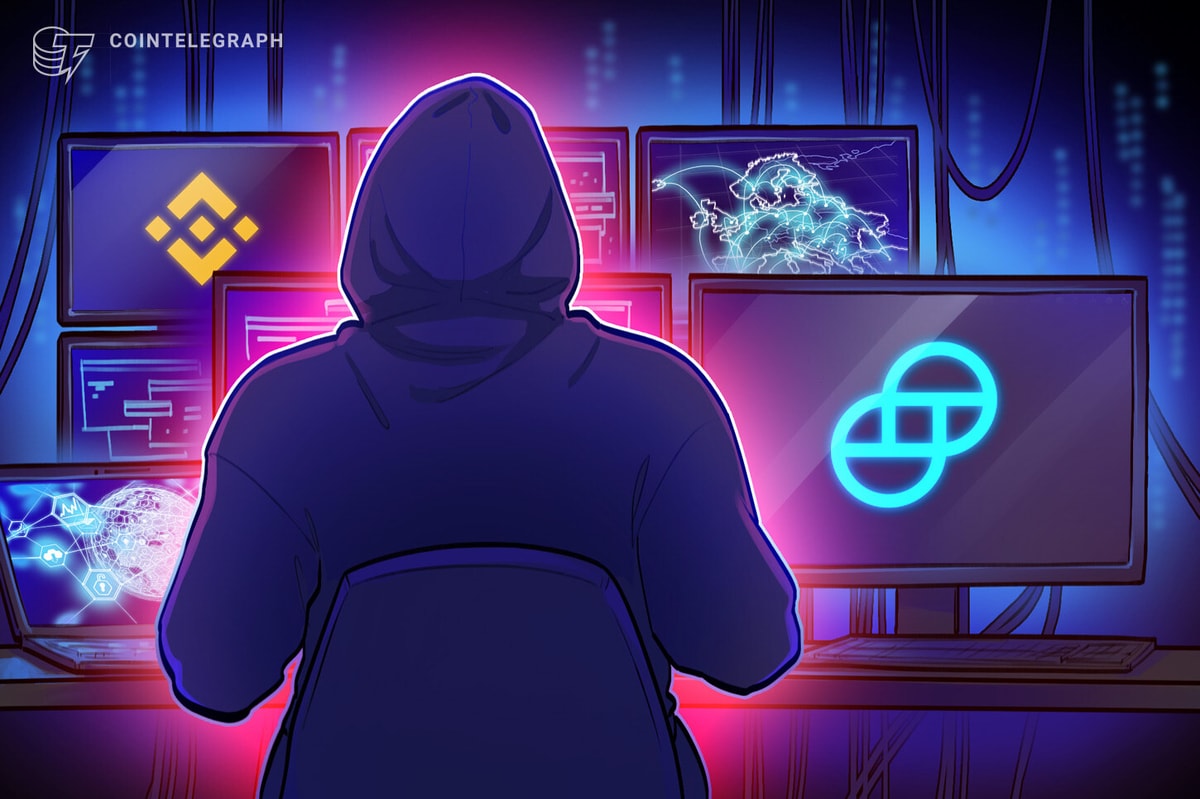Released this year the TV movie documentary ‘Down the Deep, Dark Web’ (2016) puts darknet residents - hackers, cypherpunks and crypto-anarchists - in the spotlight, and lets them “guide us ever deeper down this rabbit hole, uncovering the hidden light at the bottom of the deep dark web”.
Cointelegraph spoke to the writer and associate producer of the movie Yuval Orr about Silk Road, Ross Ulbricht, privacy, crypto-anarchy and other issues related to the ‘Deep, Dark Web.’
Ross Ulbricht - revolutionary or crazy?
Yuval Orr notes they have never spoken to Ross Ulbricht when working on the movie. However, they have been in conversation with those who have supported his case and called into question its fairness.
Orr says to Cointelegraph:
“The case itself is mired in intrigue, as such that between the US investigators who were embezzling funds from the site even as they were tasked with taking it down, the alleged hits ordered by Ulbricht, and the extra-legal means the US government are likely to have used to track down the site's servers. It's quite impossible to make heads or tails of it all.”
Thus, trying to approach the story of the Silk Road, they wanted to look at the case from the perspective of the crypto-anarchists who have largely thrown their support behind Ulbricht.
Orr explains:
“Their argument is, yes, the Silk Road was a market for illegal goods and services, but the proof of concept is more important than the market itself. That is, if the most extreme example of an online market is viable - a market largely designed to sell drugs - then what's to stop us from creating markets for ordinary, everyday goods?”
The creators of the movie don't come down on one side or the other regarding Ross Ulbricht. According to Orr, it would be presumptuous to call him either revolutionary or crazy without ever having met him or spoken with him.
However, he notes:
“What's clear though, is that he has had this effect of making a fairly revolutionary concept seem possible when applied to legal goods and services that we all consume on a regular basis. The real question, then, is what comes next.”
Bitcoin and cinema
A few months ago I wrote an essay about Cinema and Bitcoin which aimed at demonstrating that movies reflect people’s attention to specific subjects, as in in the Bitcoin case.
The movie industry takes care of a topic when it becomes popular. This way, from 2012 - when Bitcoin began to be famous - more films and documentaries related to the cryptocurrency started to appear. The same thing is happening with the Deep Web, or the “virtual Sodom and Gomorrah.” After the Silk Road and Ross Ulbricht case, this hidden part of the web became more popular than ever, and cinema started to gain an interest in telling its own story about the deep, dark web.
Since 2014 there have been several good documentaries about this topic: Inside the ‘Dark Web,’ ‘Deep Web’ and now we have a new one: ‘Down the Deep, Dark Web’ by Yval Orr, who Cointelegraph had the pleasure to talk with.
He explains how the movie came together:
“The idea for ‘Down the Deep, Dark Web’ started in conversation with Itai Landsberg, head of documentaries at Israel's public broadcaster, after he read about the Darknet markets where hackers were selling stolen credit card numbers. [...]. It was only once we started to delve deeper into the topic that we realized that as scandalizing as some of these markets and similar topics were, there were much more interesting philosophical and political questions which emerge once you start to peel back the layers and understand the ideological underpinnings of what has been dubbed the darknet.”
Political interpretation of the Deep Web
‘Down the Deep Dark Web,’ in fact, is not a simple documentary, as it tries not only to narrate how the deep web works, but it also opens up philosophical and political interpretations of the Deep Web functions. And maybe we should call it Deep Web, as the “dark” adjective may be misleading because “technology has always had two-sides and it depends how you use it” explained Orr during the movie.
He says to Cointelegraph:
“Our original goal was to familiarize audiences with the dark net markets for the first time. But as the production progressed we made a really critical switch to focus more on the crypto-anarchists and cypherpunks and to bring their work and words to light and expose audiences to it. So the goal became to engage in a kind of public conversation with these groups whose work has been somewhat hidden from view and to draw in as many people as possible to that conversation.”
Orr’s documentary gives viewers the chance to ask themselves important questions related to the compromises people need to accept in exchange for security, as individual freedoms are often compromised against the control of terrorists and criminals.
Airports, shopping malls and several other private and public places are full of cameras to track traffic and order, but have you ever thought that we are always filmed and controlled as in George Orwell’s book ‘1984?’
Orr concludes:
“Sacrifices and compromises are unavoidable in nearly any context, so the question is not necessarily do we need to be ready to sacrifice, it's more about how much and how often. Today, we are being asked to sacrifice our privacy at almost every turn and it's not always clear to what extent these sacrifices are truly making us safer. The film doesn't necessarily provide clear-cut answers to these sorts of questions, and that's by design. We wanted the viewer to come out of the film with conflicting feelings, the kind that force you to think hard about the issues raised and to start a conversation about what they mean.”











